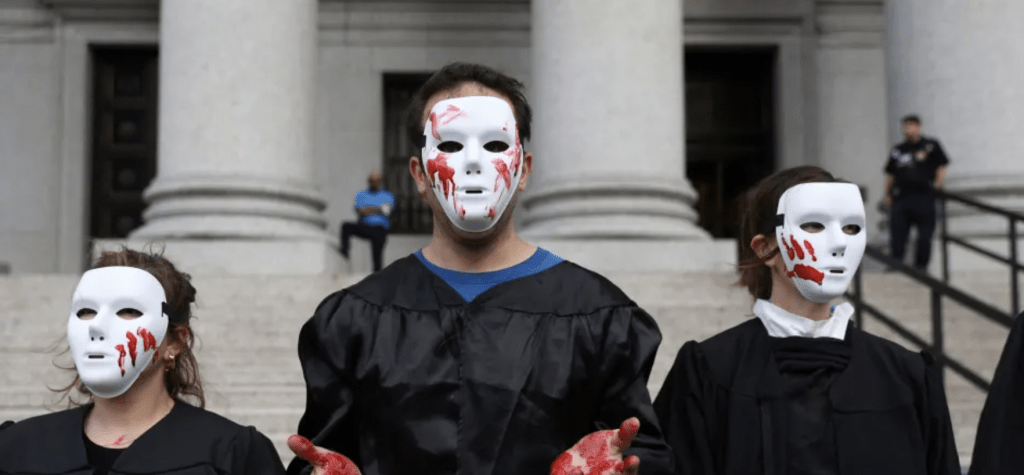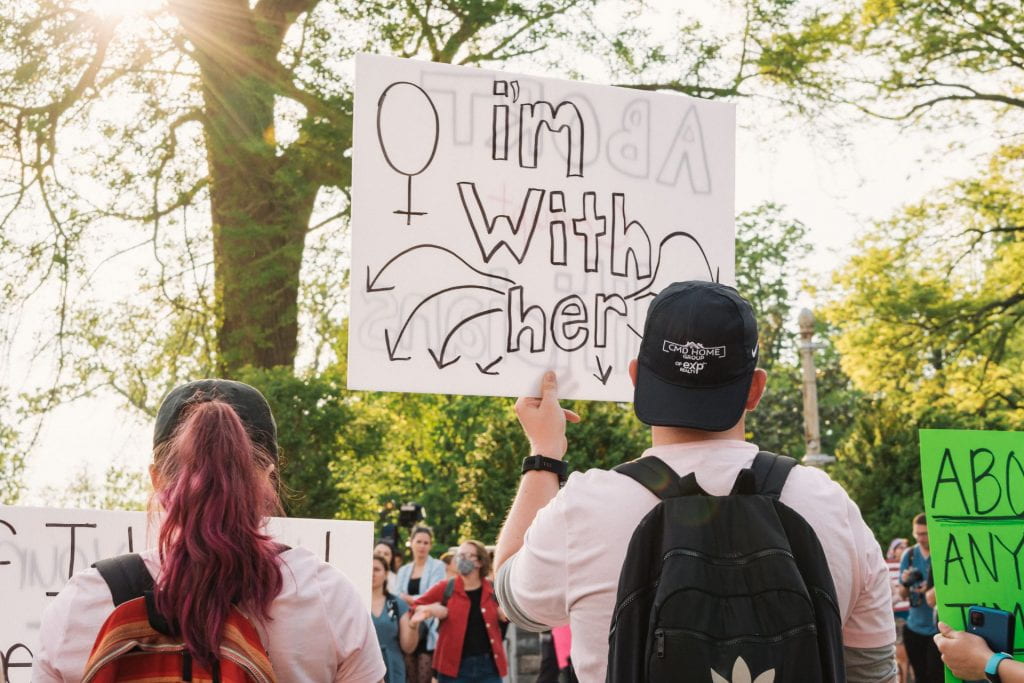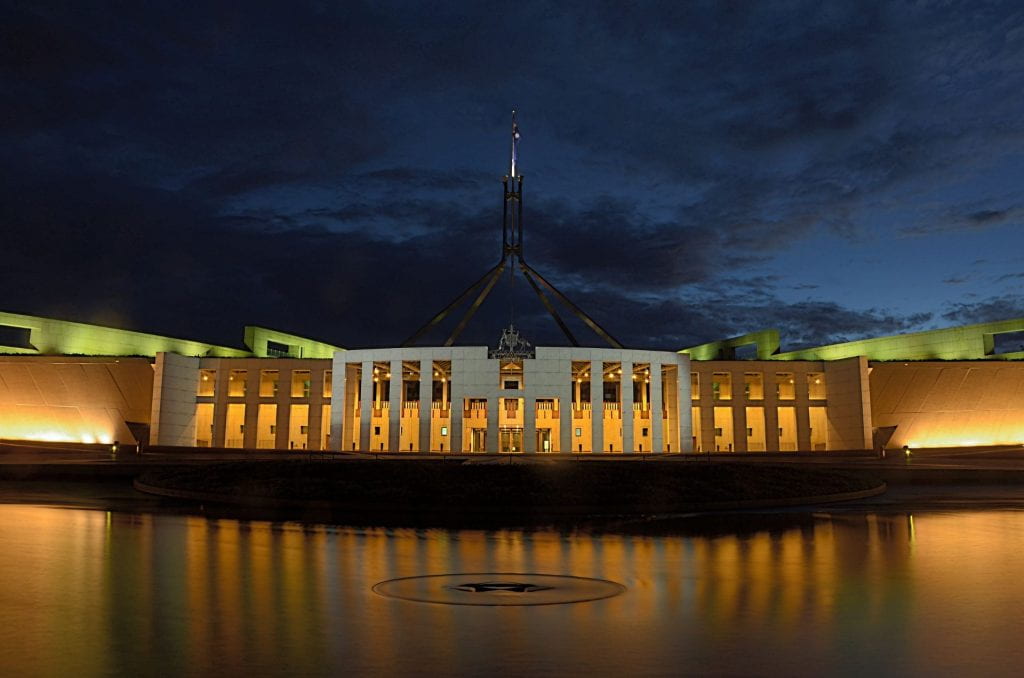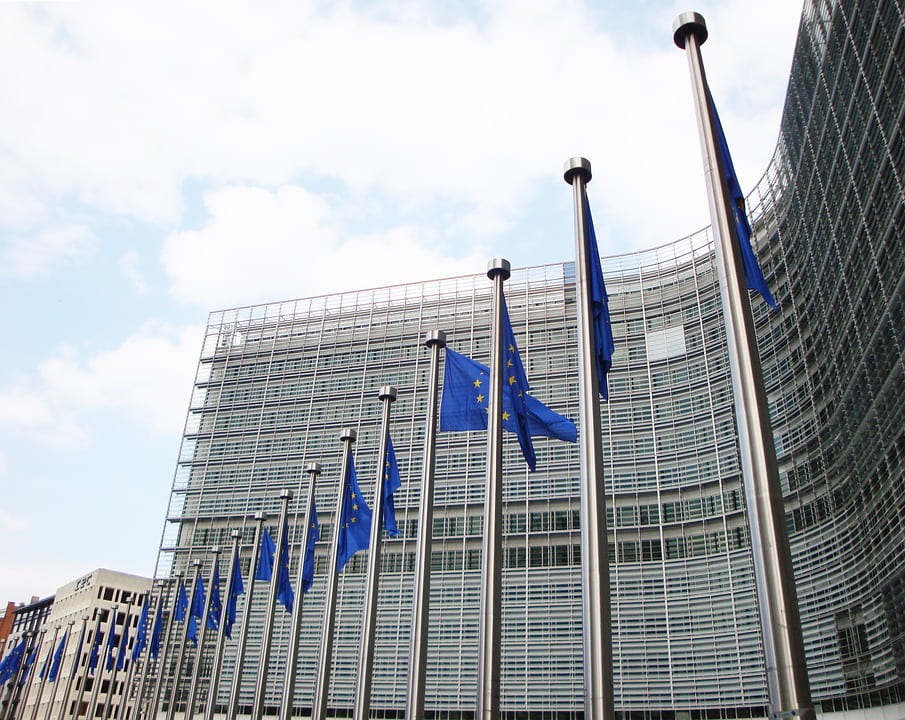News
The latest news, highlights and opportunities from the Public Policy Institute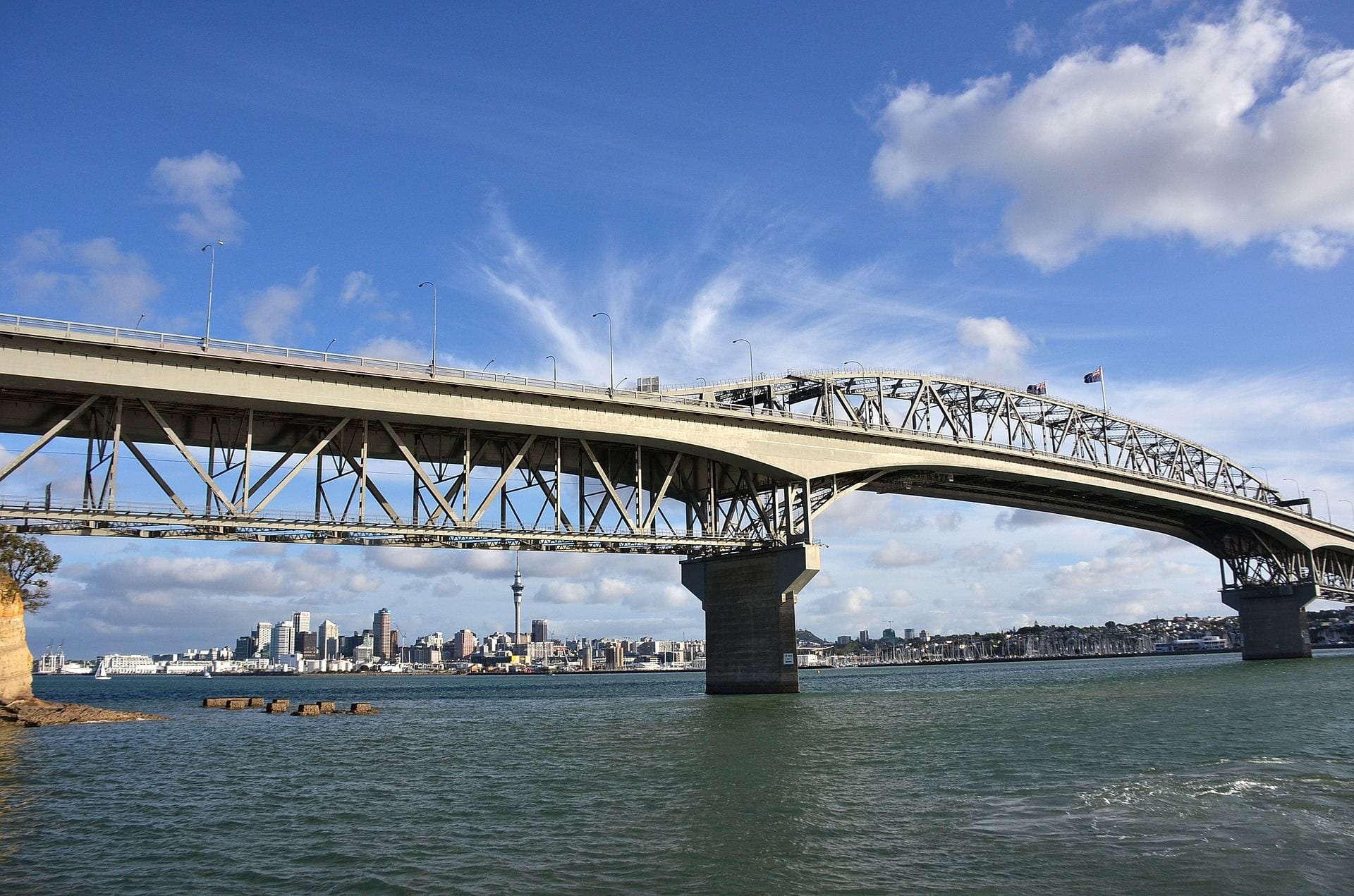
Democracy, Good Governance, and the U.S.-Pacific Island Country Summit
In September, the Pacific Islands Conference of Leaders (PICL) was convened at the East West Center in Honolulu. The PICL members included the heads of government from independent Pacific Island Countries, Pacific Island Territories, and the State of Hawaii. It not only offered a platform for regional leaders to address shared issues and develop common approaches to their policy challenges. It provided an opportunity for Pacific Island leaders to engage with American subject matter experts and government officials on the increasing engagement of the United States with their countries.
Fire Protection Orders and the proposed anti-gang laws care about votes, not people – AP Juan Tauri
The University of Auckland’s Public Policy Institute deputy director, Juan Tauri (Ngāti Porou), comments on the proposed firearms protection order and anti-gang legislation in this article by Laura Walters on Stuff.co.nz. In the article, Tauri speaks to the failure of such laws to help people and reduce crime in the face of root issues such as social deprivation.
Absurd US Supreme Court decision leaves climate leadership in limbo – Kevin Trenberth on the latest US Supreme Court decision limiting the power of government agencies to address carbon emissions
Comment: The US Supreme Court decision limiting the power of environmental regulators to curb carbon dioxide emissions from power plants is strange at best and, to me, absurd.
As an expert on the science of climate change, I’ve seen these types of legal proceedings up close. I was involved in the early stages of this case, providing expert information to the lower court just over-ruled by the Supreme Court.
What we’re seeing is the success of a very well-funded minority with a strong anti-regulatory agenda. It’s eight months since the Intergovernmental Panel on Climate Change (IPCC) issued a scientific report telling the world that changes in the climate were widespread, rapid, intensifying, and unprecedented in thousands of years.
Aotearoa must be vigilant after Roe v Wade – Liz Beddoe and Eileen Joy on the US Supreme Court’s decision on abortion for New Zealand
Liz Beddoe and Eileen Joy look at the potential ramifications for New Zealand of the US Supreme Court's decision on abortion, finding numerous ways that even so-called 'settled law' could be undermined by We want to talk about the ripple effects of this decision in Aotearoa and how despite the recent abortion law reform we still have much to be vigilant about, particularly from a social work perspective.
Reproductive justice is essential in the fight against health inequalities.
National leader Christopher Luxon has said several times he wouldn’t make any changes to the existing law, something four of the Supreme Court judges also said before changing their minds.
Master of Public Policy Alumini Apurva Mahire discusses the India caste system, as an activist challenging it
University of Auckland Master of Public Policy alumni and peace activist, Apurva Mahire, joined Marc Fennell for a panel discussion on the Indian Caste system on ABC's current affairs show India Now! last week. Speaking from Gadigal Country (Sydney), Apurva discussed her insights into the continued impacts of the caste system today, for those living in India as well as the diaspora community- even if the system is not always acknowledged.
Public transport is the future for Tāmaki Makaurau – so why not make it fare-free? – Dr Jen McArthur
Transport funding is a famously dry subject. Regardless, mayoral candidate Efeso Collins’ promise to introduce fare-free public transport has sparked much debate over who pays for bus and rail services. There is a lot at stake in this debate. Your commute or experience of travelling around the city is an integral part of everyday life in Tāmaki Makaurau. The costs of transport, and what it gives you access to, influence your opportunities for education, jobs and staying in touch with family and friends.
Over the past three months, I interviewed local officials, campaigners and advocates in cities with fare-free public transport to learn from their experiences, for a research report commissioned by FIRST Union and the Public Service Association, with the support of Efeso Collins' campaign. This research showed how fare-free policies have emerged as a pragmatic solution to the challenges facing many cities in 2022: inequalities shaped by unaffordable transport services, ambitious emissions-reduction targets, and the need to attract riders back to public transport after the relaxation of COVID-19 restrictions. The growth of public transport use in Tāmaki Makaurau since the early 2000s, paired with the city’s ambitious climate change targets, points to a future where high quality, frequent and affordable public transport can and should be a normal part of life. But bold decisions must be taken now to make that future possible. Going fare-free, in conjunction with reforms to ensure that public transport operators and staff have fair pay and decent working conditions, can help make this future a reality.
What the Australian election result means for New Zealand
University of Auckland Public Policy Institute director Jennifer Curtin provided comments on the outcome of the Australian Federal election outcomes as the final ballots were counted. Speaking on Newshub's AM show, Professor Curtin discussed the impact of the Labor...
Healthier Lives National Science Challenge: Policy Inventory
A report commissioned by the Healthier Lives–He Oranga Hauora National Science Challenge Authors: Cameron Leaky, Jennifer Curtin, and Lara Greaves This report represents a ‘landscape’ of government health policy documents in Aotearoa New Zealand specific to the...
Public Talk by Caroline Lambert: Climate Action, Trade, and the EU
When: Thursday 29 July, 1pm Where: Architecture Lecture Room 1 (421W-201) The European Union and its Member States, like New Zealand and 195 other countries, signed up to the global Paris Agreement in 2015. Mid-July, the EU became the first party to table a...
The dad trap: The parental leave system that shuts out men
Earlier this month, Stuff published an in-depth piece by Michelle Duff on men and the parental leave system, featuring expert commentary from our PPI Research Associate, Dr Suzy Morrissey. Lagging behind As one of only four rich countries that offer no...

